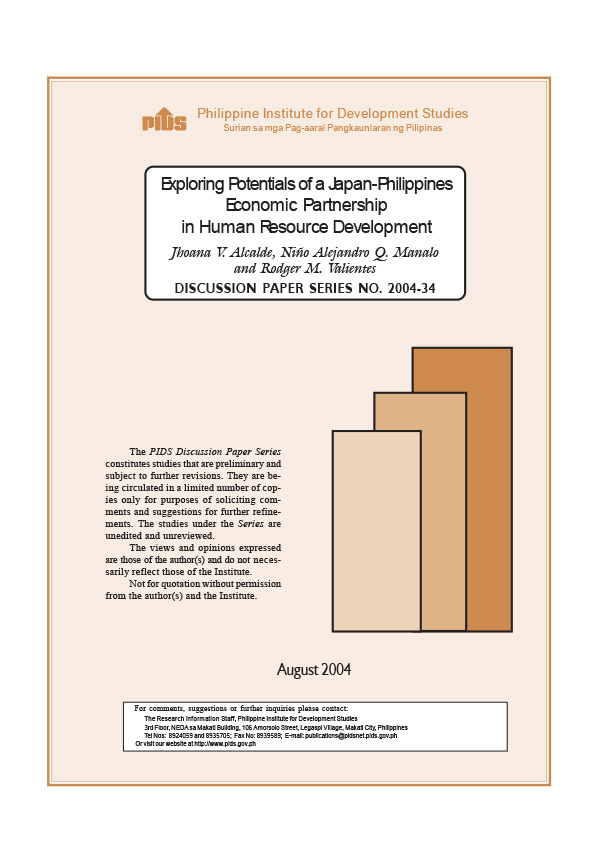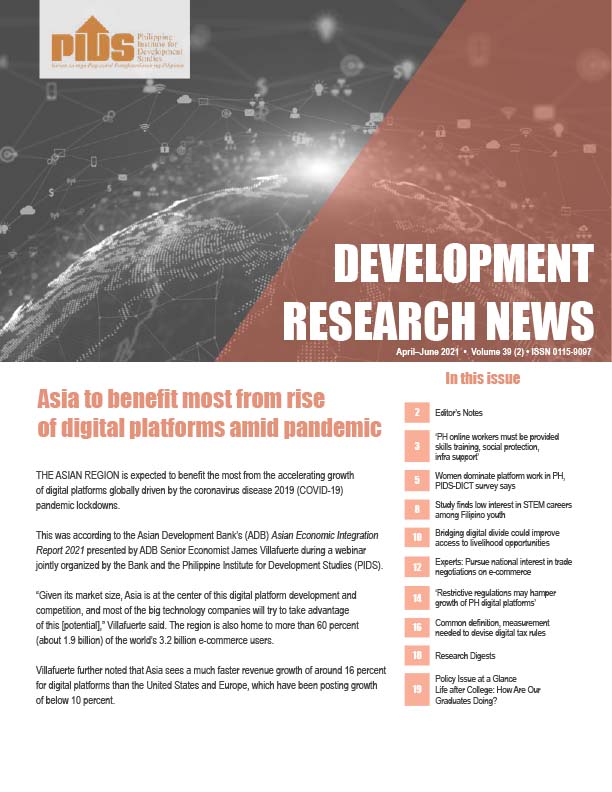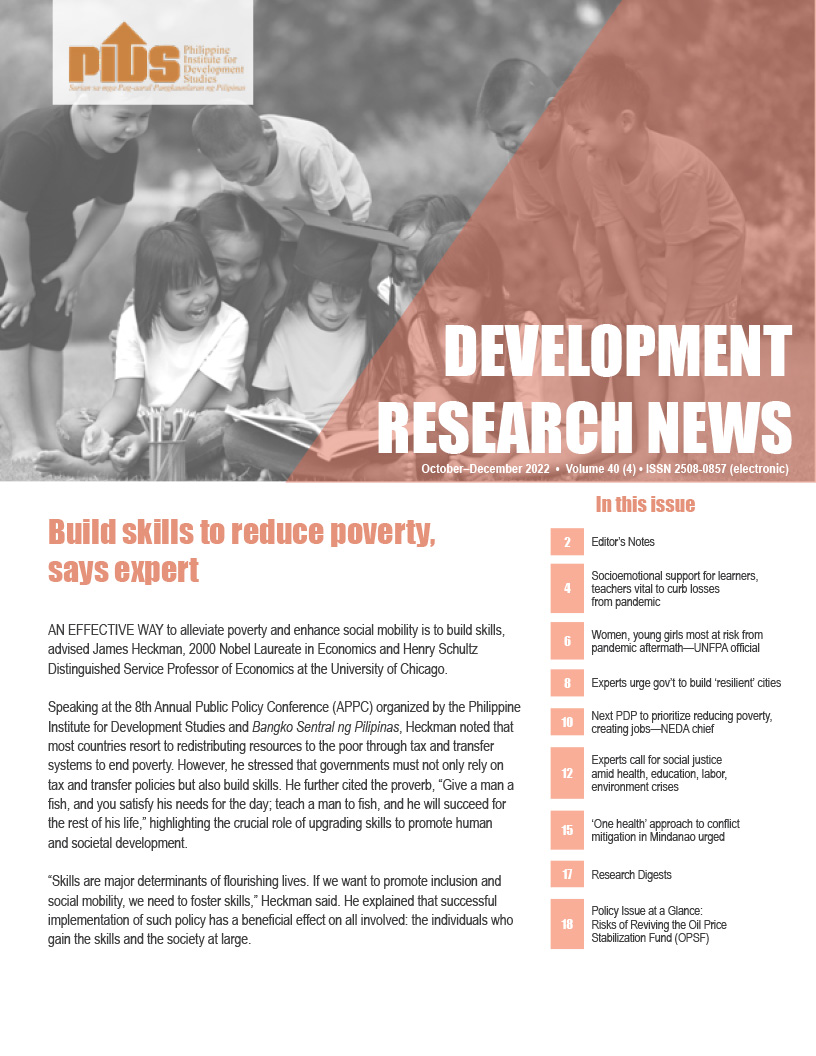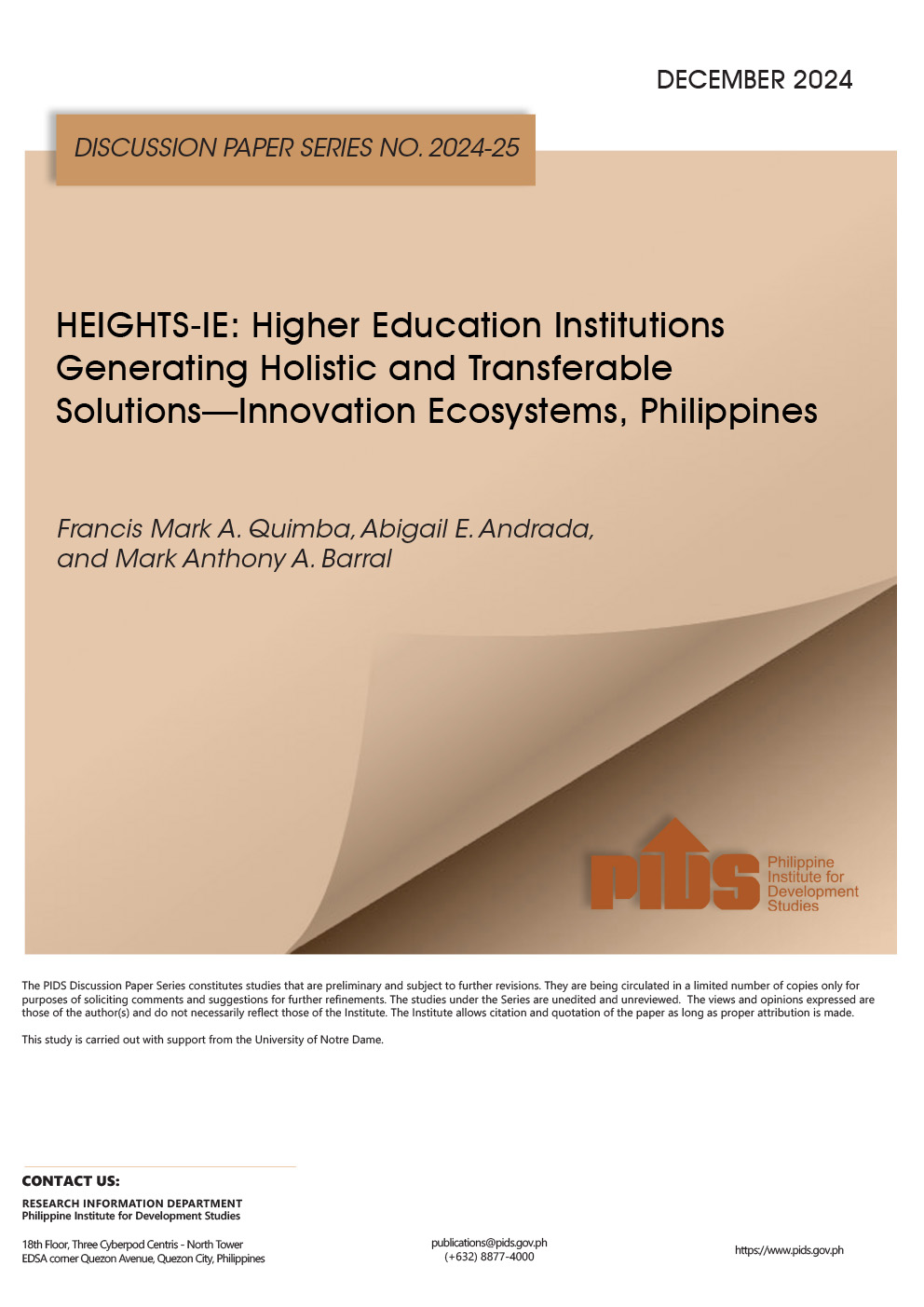This paper explores the potentials of including the broad realm of human resource development into the proposed bilateral economic agreements between Japan and the Philippines. The authors greatly recognized that the extent and sustainability of a nation’s economic development is largely anchored on the degree of development of its largest asset, the human resource, hence exploring possible areas where such asset can be developed and make the most of is essential. An extensive review and comparison of the current human resource situation of the two countries was conducted primarily to delineate possible areas of cooperation and/or complementation, particularly on the general areas of health, nutrition, and education and training. These human resource areas, according to Herrin (2002), act as a yardstick of human resource improvement. Concentrating on these areas, at least thirteen possible intervention or cooperation areas were identified and discussed by the study. These possible areas of cooperation were all reckoned to be imperative so as to fully harness the competitive advantages of one country (e.g., Japan) in order to fill in the specific human resource needs of the other (e.g., Philippines) and vice versa.













